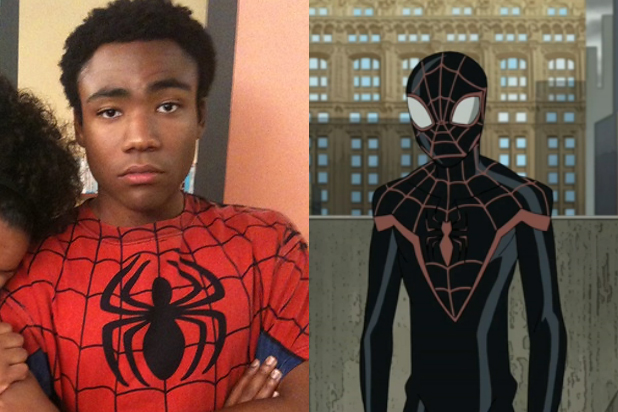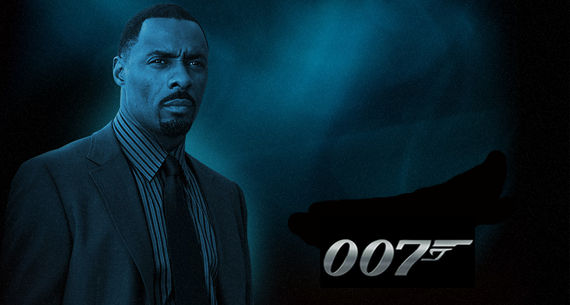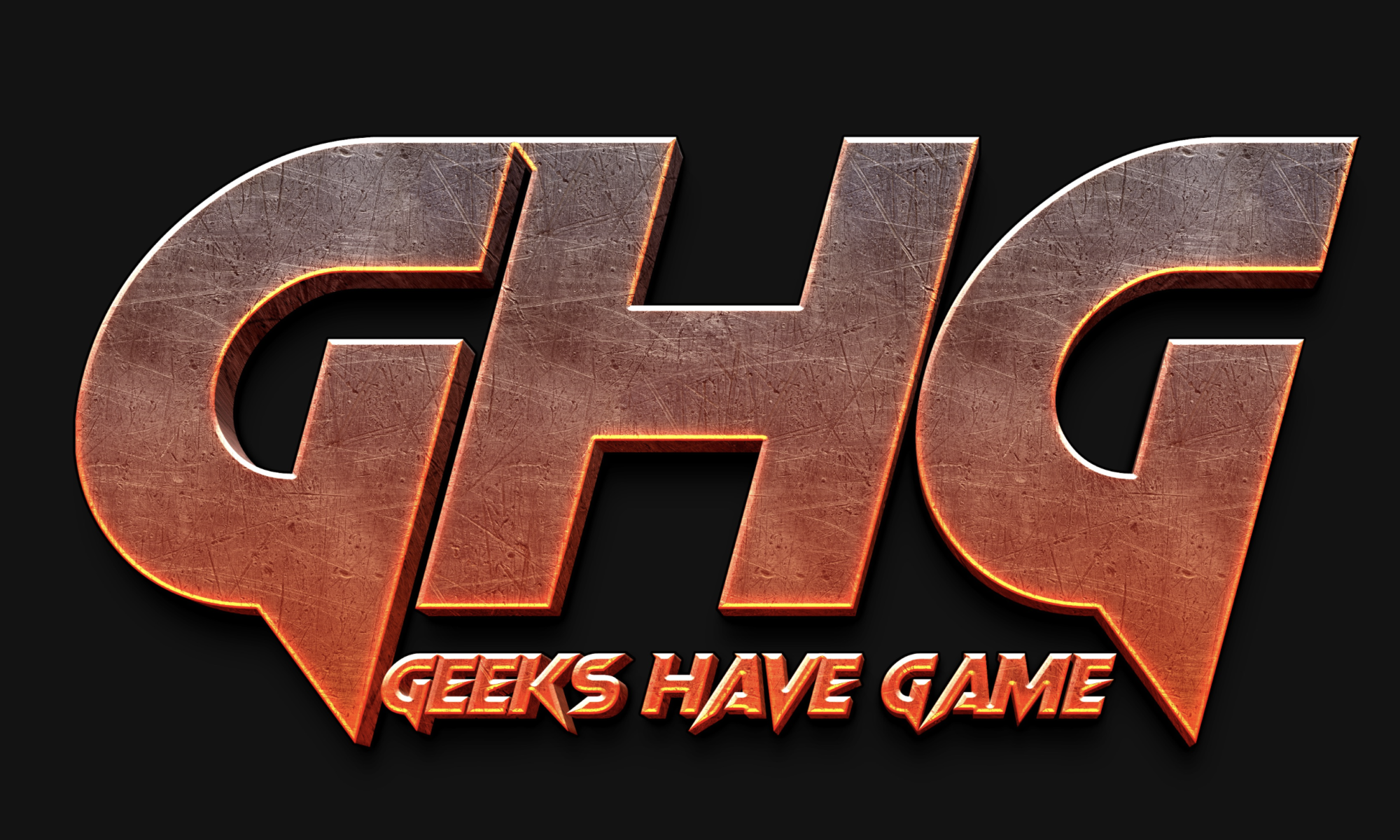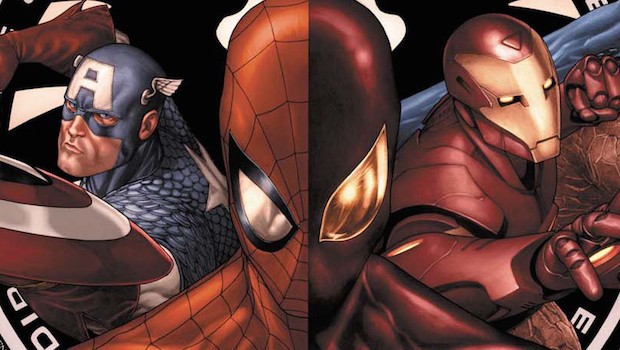In 1988, Martin Scorsese released the controversial film The Last Temptation Of Christ. As a result of the release of what was perceived as an attack on Christian ideals and beliefs, several theaters were attacked with stink bombs, and molotov cocktails, with at least thirteen filmgoers injured. Several members of a French group led by the outspoken and condemned fundamentalist leader Bernard Antony, leader of the Front National to the European Parliament in Strasbourg, and the followers of the excommunicated Marcel Lefebvre, took responsibility for the attack. On December 17, Sony Pictures canceled screenings of their upcoming Seth Rogan/James Franco comedy, The Interview, from theaters. While the parallels are obvious, the difference is profound.
The cancellation had come on the heels of a series of hacks to the Sony Pictures servers from a group calling itself the “GOP” (the “Guardians Of Peace”, a reference to President Nixon’s visit to the area back in 1971), that had made public over 32,000 private e-mail exchanges amongst the top brass at Sony Pictures, social security and bank account numbers of Sony employees and executives, scripts, notes, and internal memos. Of the emails hacked, racist statements between Sony Pictures head Amy Pascal and other studio heads, including producer Scott Rudin, negotiations between Sony — which owns film rights to the Spider-Man universe and ancillary characters — and Marvel Studios (and which details the possible unification of Spider-Man and the Avengers), as well as the leaking of five completed feature films (including Fury and Annie), and one of the drafts (recent?) of the new James Bond film, Spectre, which details major plot points and set-pieces.
The Village Voice, in reviewing the top films of 2014, did an expose on The Interview and on the controversy therein, and interviewed star/writer Seth Rogen, and director/writer Evan Goldberg. In the piece, Rogen elucidated on how North Korea venerates leader Kim Jong-Un, son of late leader Kim Jon Il, leads his dictates not only the national narrative of his country, but also the narrative history of its media. What does this mean? He is producer, director, and ultimate say in whether a story gets told, a film gets made, or a tale gets published. As with his late father, Kim Jong-Il, Kim Jong-Un dictates the national narrative of North Korea, which believes the Supreme Leader to be infallible, a god-like being of infallible reason. And if The Interview were to be released, the aura of infallibility would be eroded, and Mr. Kim would be a normal guy, just like any of us. The movie would revolve around an assassination attempt on him, but much like comedies such as Team America: World Police, and even Zoolander (which revolved around the assassination of the Prime Minister of Malaysia), audiences would presumably be sophisticated enough to know that, no, it was not the REAL Kim Jong-Un we were watching.
What is interesting to note is that the Village Voice piece was published one day prior to a second communique from the Guardians Of Peace, one which promised threats of violence and the destruction of any movie theater that dared screened The Interview. Within hours, three major North American theater chains had refused to screen the film. By the end of the day (December 17th) Sony Pictures had announced that they would cancel the premiere of the film. The move by Sony Pictures was an unprecedented move: a major motion picture studio had been blackmailed, by what appeared to be a foreign country, into censoring a film in their own country.
By now, everyone from the FBI, to the CIA, to Sony Pictures, to President Obama himself has indicted North Korea — or at least a state-sanctioned group of hackers known as Bureau 121 — for the cyber-attack. To make matters even more severe, the White House has called the attacks “a serious national security matter” with “a range of options…under consideration right now.”
“There is evidence to indicate that we have seen destructive activity with malicious intent that was initiated by a sophisticated actor,” Obama stated in a press conference, all but confirming North Korea’s involvement. Several American cyber-security firms (including California-based Vindicia) propose the theory that an insider (or perhaps an even disgruntled former Sony employee, with access to the inner workings of the company) hacked the company, covering their tracks by implicating the North Koreans. “All of the evidence [the] FBI cites would be trivial things to do if a hacker was trying to misdirect attention to DPRK,” Vindicia chief technology officer Brett Thomas tweeted soon after the conference. If it was in fact misdirection, that fact would only raise even more questions about what would be the real motive in the threats and hacks.
And while The Interview may indeed have been a satirical view of a day in the life of Kim Jong-Un, the level of suspicion — as well as the sensitivity of the documents released — has caused repercussions throughout the entertainment industry. This is the first time that a hack has halted the released of a film (major, or minor).
But if history is any indicator of trends, this may only be the first time.
In response to the pulling of The Interview from theaters, the Alamo Drafthouse was planning to instead screen a print of 2004’s puppet comedy Team America: World Police. Within the same day of the announcement, Paramount Pictures, which owns Team America, issued a statement saying that any theater screenings were also to be cancelled. While Team America (which also dealt with the death of North Korea’s then-leader, Kim Jong-Il) had not once been mentioned in the GOP’s threats, Paramount played it safe, opting to avoid any reason for blackmail or threats on their company as well.
Sony’s decision to pull The Interview, while unfortunate (unless it sucks, which is highly probable), was simply unavoidable. While Sony owns the film, they do not own movie theater chains, nor can they control distribution. Theater chains are third parties in this scenario, and are provided film prints; once the major theater chains pulled out of distribution (and since no online steaming service, perhaps for fear of retaliation or of having their own servers hacked, stepped in to offer distribution) Sony had copies of a movie but nowhere to distribute.

For us Geeeeeeeeeekksss, what does this mean? We now know the extent of Sony’s talks with Marvel Studios. Sony, which owns the rights to Spider-Man, has entertained at least a tentative offer to allow their franchise headliner into the extended Marvel Cinematic Universe. While he would be presumably featured (presumably as a cameo or other small reference), it would be Sony Pictures who dictates his story and how he is used, having final say in any use of him by Marvel. Presumably, this would lead to yet another reboot of the Webslinger — the second in less than a decade — and also presumably lead to the recasting of Andrew Garfield‘s Peter Parker (arguably one of the only great decisions Sony made with the franchise). As it stands though, this plan was entertained for the briefest of moments between the two studios and is not in serious consideration anymore. But given Sony’s inability to revitalize the Spider-Man series, it seems they are entertaining any and all options.
As for their other franchise, the 52-year-old James Bond series (of which they too own distribution and DVD/blu-ray rights), leaked internal emails from Ms. Pascal dated January of 2014 has revealed her opinion that Idris Elba would make a great James Bond once current Bond Daniel Craig‘s contract is up (he’s still got one film left to his contract, and has not hidden his eagerness to vacate the role). Elba has certainly got the clout, the pedigree, and his casting would be a great progressive move for a series that has done great work in redefining and modernizing itself. However, in regards to this same series, the production team on the currently-filming entry, 2015’s Spectre, it seems Bond is dipping back into well-trod territory and characters. Email leaks have revealed several character descriptions and set pieces (at least one more train fight, mountain-set action, and a “climax in the rain”), and the reveal of a major villain returning, as well as a budget that once neared $300 million. Bigger, bloated, and dipping into tried and true territory.

In the wake of this massive leak of information, lawsuits have been lobbied against torrent sites that offer Sony’s leaked films, and Sony executives have had to offer massive mea culpas to the people they’ve offended in their emails (President Obama, and actor Kevin Hart are two specific people mentioned). The bigger issue is the future. Back in 1988, when furor of Last Temptation was at its zenith, threats and protests were made, and boycotts executed. However, it was lobbied at specific theaters for a specific film, and within specific countries. Americans were protesting an American film that was playing in America. The difference with The Interview comes from the fact that North Korea was lobbing threats about what content can be screened in American theaters, for American eyes. And that is the danger. It was not Sony Pictures that caved, but the movie theater chains who opted out of screening the film, and the streaming sites who offered no alternative distribution, and the executives and employees of Sony Pictures (and other major studios) who refused to offer any support for the producers and executives whose information was leaked.
The underlying reaction was fear.
Paramount’s pulling of prints of Team America was fear-based. And the media reaction was likewise fear-based. The lack of any vocal support for Sony was fear-based. Sony’s canceling of the premiere is simultaneously, and paradoxically, both surprising and yet could not have gone any other way. How else would anyone react in such a situation, with such a threat (which conjured reminders of September 11th) and in such a dramatic way? Going forward, will studios and filmmakers censor themselves? Already Fox has shelved a Gore Verbinski-helmed, Steve Carell drama called Pyongyang, which would have been set in North Korea. Fox Studios, following Paramount’s example, presumably wants to avoid any threat of hacks on their own servers. So what will studios do going forward? Will they strive more for the broad, generic, safe tentpole pictures and continue to shy away from provocative, dramatic, current event films? What will be the state of comedy and satire? What of parody? What of irking mindsets and changing opinions by presenting an uncomfortable truth? Will challenging, uncompromising films or works from unconventional directors be largely ignored for the safer bets, now for fear of threats as well as fear of “losing” a weekend box office?
http://www.youtube.com/watch?v=W0JALnqCk3E
Gore Verbinski, upon hearing that his film was cancelled, had this to say:
“Getting the facts straight:
Yesterday, I was told by New Regency and Fox that Fox will no longer be distributing the film. Prior to that, the film was green lit and fully funded by New Regency with Fox distributing. I have been told in no uncertain words that based on the situation at Sony, Fox has now decided to not distribute the film. Without a distributor, New Regency was forced to shut the film down.
My thoughts:
I find it ironic that fear is eliminating the possibility to tell stories that depict our ability to overcome fear.”
During an interview with Deadline about the hack, and what it means to the new Hollywood paradigm, George Clooney so eloquently explained why the cancellation of The Interview is so important and why it has set a new and dangerous precedent:
“The truth of the matter is, of course you should be able to make any movie you want. And, you should take the ramifications for it…But to say we’re going to make you pull it. We’re going to censor you. That’s a whole other game. That is playing in some serious waters and it’s a very dangerous pool….What I’m concerned about is content. I’m concerned that content now is constantly going to be judged on a different level. And that’s a terrible thing to do. What we don’t need happening in any of our industries is censorship. The FBI guys said this could have happened to our government….That’s the most important part. We cannot be told we can’t see something by Kim Jong-un, of all fucking people.”
***UPDATE*** Sony is now set to release The Interview on Christmas Day, but the film will likely only show up in about 100 indie theaters or so. So, don’t go strolling down to your local AMC after a few shots of morning Egg Nog looking for it. And that’s a shame — and not exactly a win, as the PR people are attempting to make this news today appear — considering the streaming service BitTorrent (which had successfully streamed the excellent The Act of Killing earlier this year) has offered to release the film online, which would appear to be the safest bet for the filmmakers.
Ultimately, we can always be told we shouldn’t see something, but we shouldn’t be told that we can’t see something.
Sources:
http://www.bbc.com/news/world-us-canada-30560712
http://www.thedailybeast.com/articles/2014/12/19/exclusive-sony-emails-reveal-studio-head-wants-idris-elba-for-the-next-james-bond.html
http://www.tomsguide.com/us/sony-hack-skeptics,news-20037.html
deadline.com/2014/12/george-clooney-sony-hollywood-cowardice-north-korea-cyberattack-petition-1201329988/
www.joblo.com/movie-news/gore-verbinski-and-steve-carell-respond-to-cancelled-north-korean-thriller-320
www.washingtonpost.com/news/post-nation/wp/2014/12/18/texas-theater-refuses-to-let-terrorist-hackers-win-so-itll-give-out-free-toy-guns-and-screen-team-america/
fortune.com/2014/12/18/white-house-sony-hack/

